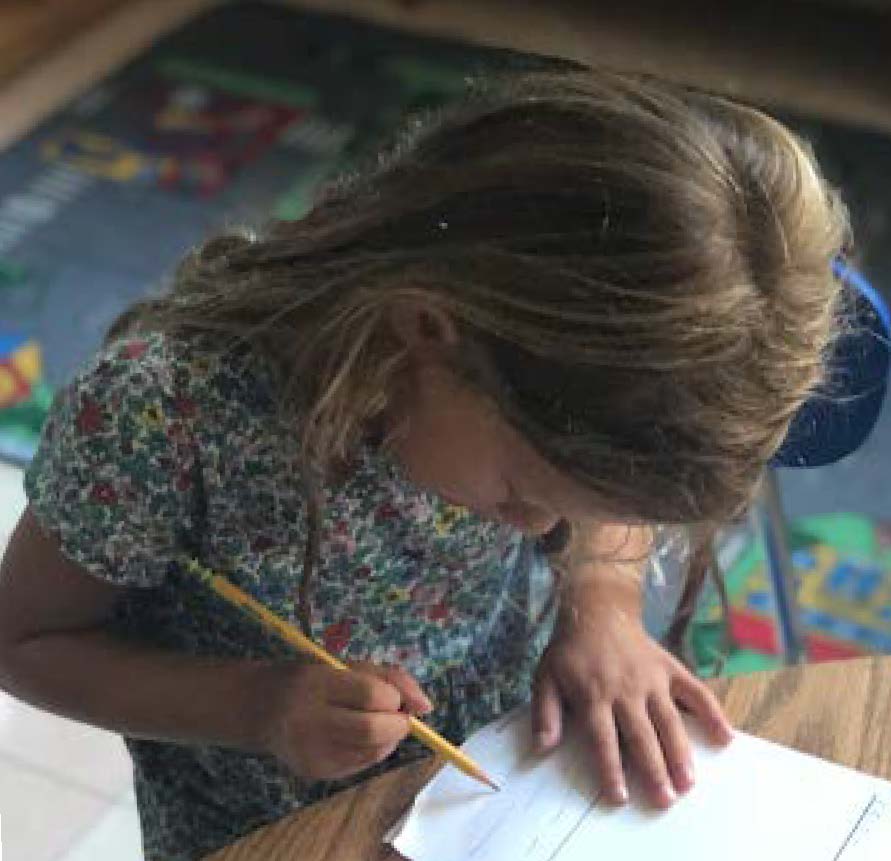If teachers and parents look at children’s skill development as well as their content mastery, we can get a better understanding of how to help children grow.

What we heard from teachers and administration at after implementing Tools at
Getting more from assessment
.
Committee search to choose the right curriculum
Selection of Tools of the Mind curriculum & professional development
Tools training and implementation for all relevant staff
Teaching and learning review and outcomes
How is measuring what children know different from assessing what they can do? According to a recent Time.com article, when you assess what children can do, “the goal is not performance, but growth.”
Why does that matter? “If we can build tools that see the unseen, that capture authentic representations of learning wherever it happens, the opportunity is to help propel and elevate, amplify millions more young people,” says Timothy Knowles, president of the Carnegie Foundation for Teaching and Learning. The Foundation is partnering with ETS to develop a new kind of assessment to measure “competencies and mindsets such as collaboration, critical thinking, creativity, and communication or perseverance and empathy.” The idea is that changing the way we assess students will change the way we teach them, and ultimately make for more engaging, relevant and equitable learning.
What we measure should reveal what we care about. In the preschool and early childhood years, early literacy and numeracy skills are important and the assessments we use often reflect these priorities. But are children always tested on the things that matter the most…or the things that are easiest to measure? Determining how skillful children are at communicating and collaborating with their peers is hard using traditional methods. So, what if assessments looked different? What if assessments could measure more of the things we care about children learning?
At Tools, we care most about developing children’s self-regulation so they are as ready as they can be to learn how to learn and be successful in school and in life. We know watching a child engage in make-believe play is a window into her ability to self-regulate, so Tools teachers monitor play to assess children at every stage.
Because it is at the heart of everything we do, we believe teachers should be even more easily able to measure self-regulation development across different settings to get a better understanding of where their children are and how they can support the continued growth of every child in the classroom.
We are currently piloting a new eco-momentary assessment called SEED, which does just that. SEED gives Tools teachers the opportunity to assess children’s self-regulation development in different contexts, as children participate in a variety of regular classroom activites. And, after getting each child’s scores, teachers receive suggestions for what to do next to scaffold and support that child.
To read more about SEED, see Unlocking innovation: Tools featured for new assessment model.